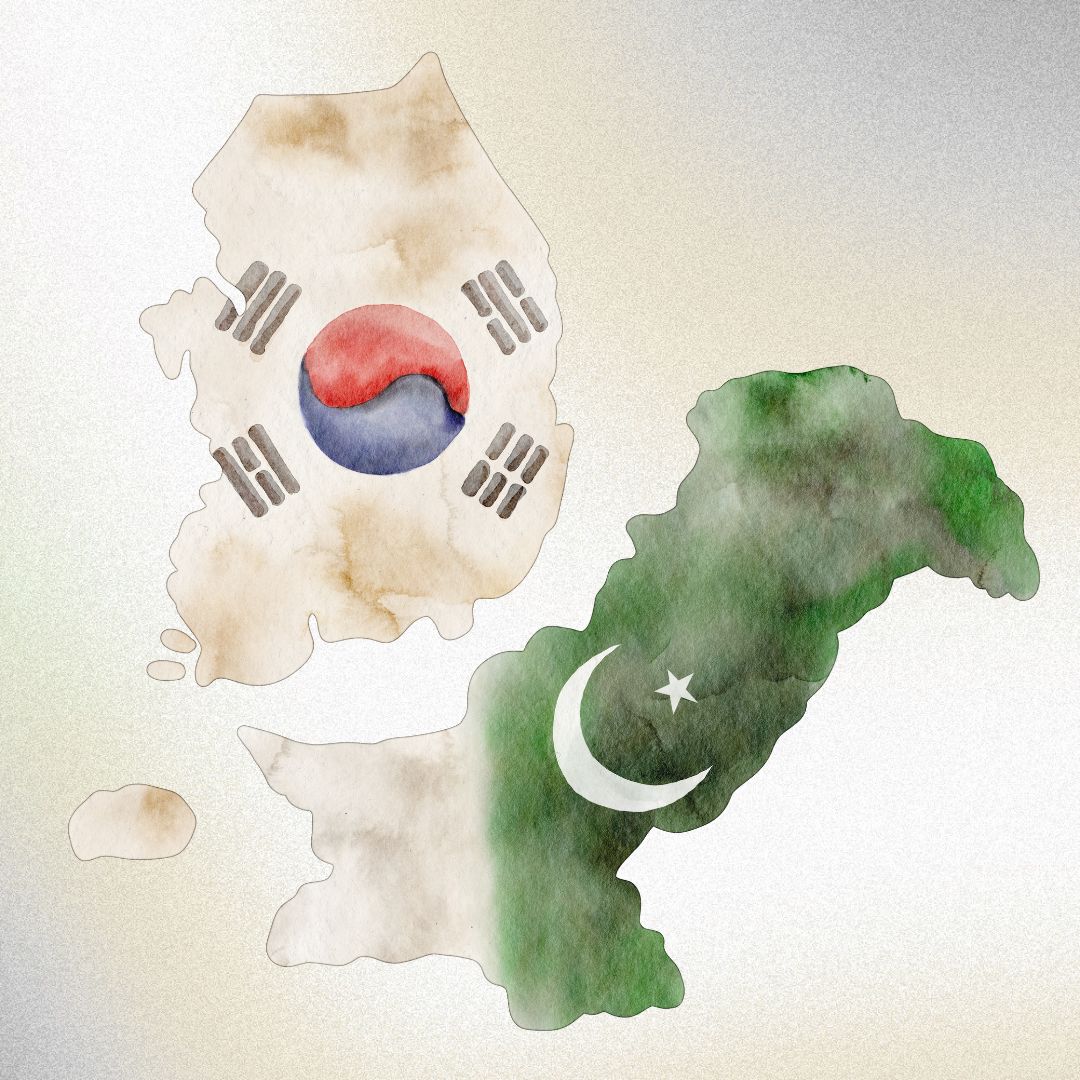Governments everywhere love grand projects, but Pakistan’s government has turned “international best practices” into a mantra—one it can’t afford. In the past few months alone, the Ministry of Interior has pledged “world-class” road infrastructure in Islamabad, the Ministry of Maritime Affairs has proposed a “state-of-the-art” expansion of Gwadar’s port, and the Pakistan Airports Authority has announced upgrades to the DG Khan, Sukkur, and Skardu airports to transform Pakistan into a “global gateway.” Meanwhile, Gwadar’s new $240 million airport sits empty, and Karachi Port operates at under 50% capacity.
This is the paradox of Pakistan’s development: a state that aspires to build gleaming new infrastructure, while disregarding what is already there. Lofty ambitions for great infrastructure would be a welcome approach were it not for the fact that so much of the country’s existing infrastructure has been left in a state of disrepair. Once-great institutions—PIA comes to mind— have been so poorly managed that privatization efforts are struggling to generate even lukewarm investor interest.
Political interference and corruption are the common bogeymen blamed for institutional decay, but equally responsible is the bureaucracy that ultimately runs the government. Pakistan ranks 173rd globally on government effectiveness, according to the World Bank. The state apparatus that has demonstrated an inability to manage even basic maintenance and consistency of service, is unlikely to be a reliable custodian, let alone executor of such megaprojects. Not unless there is a change in mindset towards first doing the basics well, within existing resources, and only then investing to raise standards further.
There is no question about the benefits of replicating tried and tested interventions deployed by other countries. There is also no arguing against setting high goals and striving for excellence. But all international practices are not necessarily best practices for Pakistan. And “world-class” standards, as understood by our government officials, tend to come with an equally world-class price tag. Ask any government department on what they need to do to improve service delivery, and invariably, the top three requirements will be capex heavy: Upgrading office premises and vehicles, capacity building (via trainings abroad), and some form of custom software and tech hardware. Rarely, if ever, will lower cost, basic management measures—increased oversight of personnel, measurable performance targets, and simplification of processes—make it to the list. Yet, more often than not, it is these measures that yield high impact, immediate-term improvements.
The fix for Pakistan’s inefficiencies isn’t more money—it’s better management. For years, the immigration queues at Lahore airport were logjammed with hundreds of passengers jostling to make their way through a bottleneck where individuals from multiple immigration counters converged at a single desk for passport control. Even without the choke point, the experience in immigration queues left much to be desired. Some of the counters would invariably be unmanned and several others reserved for special categories of passengers: foreigners, unaccompanied women and children, and Taxpayer Honour Cardholders. Only half the counters were available to serve the bulk of travelers.
Without a doubt, among the suggestions that must have been given for improving this situation, would have been to build a larger airport, send immigration officers abroad for training, and implement a new automated software system. Fortunately, in the interim, they decided to reconfigure the layout of the counters, open all counters to passengers, and eliminate the passport control bottleneck. Queue times fell by more than two-thirds for no more than the cost of moving around some tables.
Catering to the needs of a population of 250 million is not cheap, and delivering quality services does require investment. But this should not deflect from holding officials to account for delivering the most they can within their existing infrastructure. And all infrastructure does not need to be world class. Sometimes “good enough” is good enough. Given the financial constraints facing the government, a more judicious approach is needed when determining where to allocate resources.
The country benefits far more from decent facilities everywhere, than world-class facilities in small pockets. Infrastructure development should take into consideration the needs of everyone, not just a segment of the population. New roads, signal-free corridors and highways are great for owners of cars, but the positive externalities from more pedestrian-friendly sidewalks, electric buses, and a well-connected public transportation network are an order-of-magnitude higher. Investment in airports can improve mobility, but improvements are far more critically needed for railways, which remains the largest and most cost-effective mode of long-distance transport in Pakistan.
Above all, there is no substitute for addressing the basics and doing the mundane, day-to-day work well. This means first fully optimizing what is already there. Opportunities for this abound. In the education sector, facility upgrades in public schools are beneficial, but the adverse impact of more than 20 days of unexpected school closures each year—due to smog in the winter, heat waves in the summer, and political protests in between—is far greater. In healthcare, government hospitals critically require more emergency room capacity, more equipment and more doctors. But studies on walk-in patients at Mayo Hospital indicate that up to a third of patients can be diagnosed and treated without extensive tests and procedures. Improved triage processes and the creation of urgent care clinics, which cost a fraction of an ER, can substantially reduce overcrowding while improving patient experience.
Pakistan needs a government that manages traffic better before widening roads, that strengthens teaching in existing universities before building new ones, and that prioritizes public transportation before airports. If the government doesn’t first make the most of what is already in place, even new, world-class infrastructure will eventually crumble.





